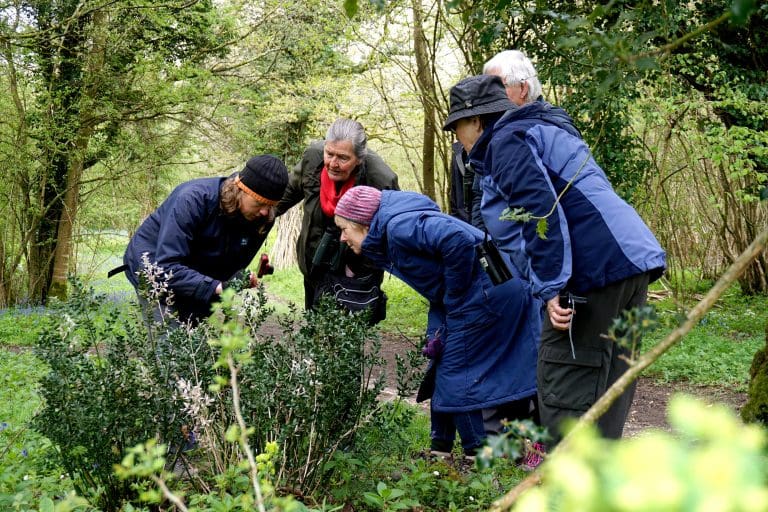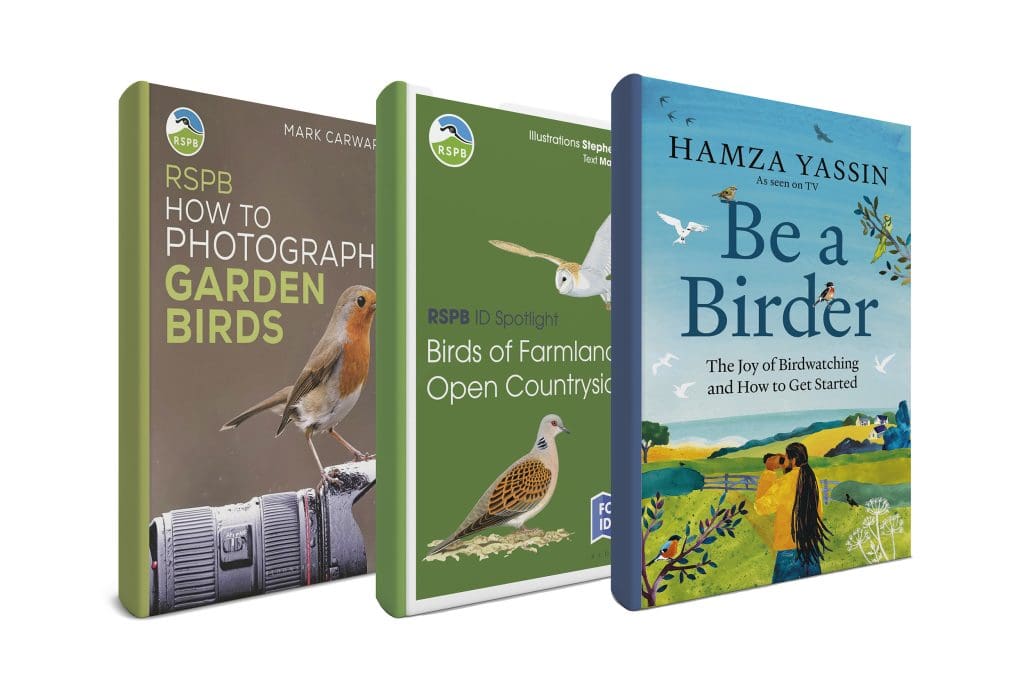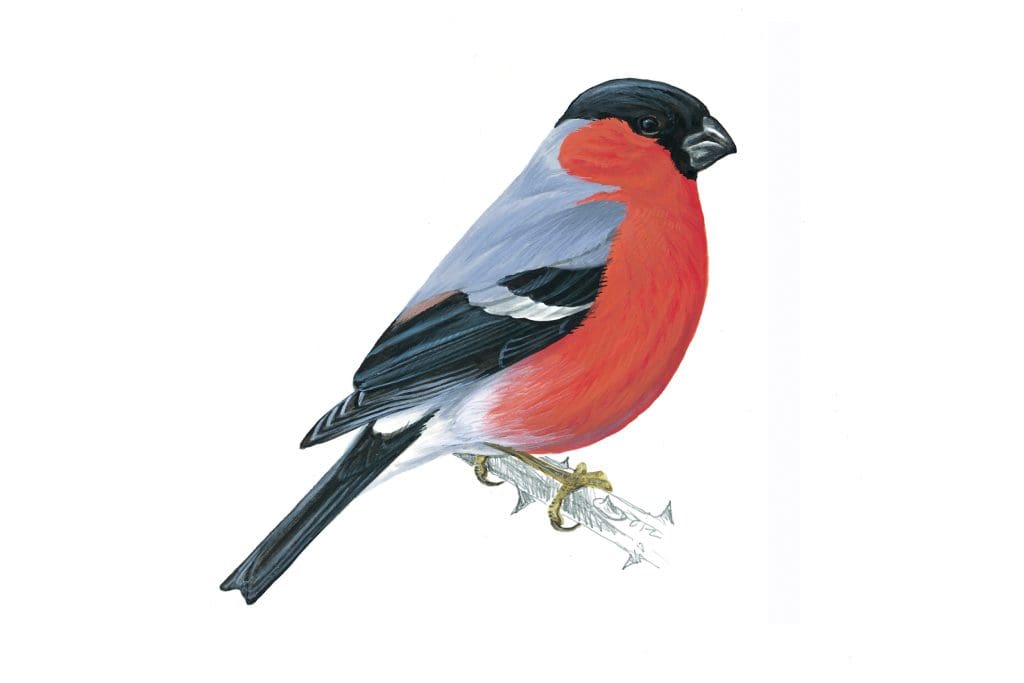In my lifetime, the act of watching birds has come a long way. My birding youth was largely spent in solitude or, at best, with one other person that I had managed to press-gang into accompanying me on my urban birding jaunts. In my view then, groups of people together wielding binoculars were the preserve of those legendary ornithological pioneers that I had read about from the ’50s and ’60s, like the late and great Guy Mountfort. He led expeditions of discovery to hitherto unknown locations such as Coto Doñana in Andalucia, Spain, accompanied by some of the UK’s finest birdwatchers – a hand-picked, all-star assemblance of latter-day superhero birders, if you will.
When I was growing up, birdwatching was perceived, by the masses, as the solitary pursuit by older, middle-class blokes who were also usually socially inept. Fast-forward to today and the face of birding has thankfully changed. OK, we now get called ‘twitchers’ by the media and members of the public who don’t understand the difference between birding and chasing after rarities.
However, I am pleased to report that birding is becoming a much more socially accepted pastime, especially in urban areas. The idea that watching birds is a solitary thing has now been replaced with the notion of going out in small groups of like-minded people. The benefits of group birding are innumerable. Just being out in the open air with friends, not just in the countryside, looking at green and blue vistas, is enough to calm the mind. It is now well documented that birding is great therapy for mental illness and does wonders for our sense of wellbeing. Birding can be such a social activity and so many of us are now doing it.
‘Birding can be such a social activity. I know a multitude of people, myself included, who have met new partners and friends while staring through binoculars together’
I know a multitude of people, myself included, who have met new partners and friends while staring through binoculars together. Indeed, why nobody has established an app for meeting new people while out in nature, I don’t know.
Over the past 16 years, my work promoting urban birding has helped to establish the idea that birding socially can be done anywhere and serves as a safe space for people, especially those who feel vulnerable, to enjoy nature even in an urban area. Being in such groups can be an eye-opening experience where people exchange experiences and gain new ones as they watch species that they didn’t realise inhabited the area that they are birding.
Since the lockdowns there has been a surge of interest in the natural world with people purposefully seeking out groups to join. Some of the RSPB local groups that I have been involved with have told me of the uptake of new participants. Organised entities, such as the very cool Flock Together, formed during the pandemic and now encourage large numbers of people both nationally and internationally to get out and explore their local areas together. There is something very nice about being together in a group as you will always learn new things, even if you consider yourself experienced. I am forever birding with other people; whether I am leading a tour, being guided as part of a group or just out with a bunch of mates methodically searching a windswept island for autumnal migrants. It is exciting, fun, educational and often, unforgettable!
Going birding with a bunch of people isn’t everybody’s cup of tea. I have friends who vehemently object to being with anyone other than very good friends. Even I crave solitude every now and again. That’s fine. But definitely consider joining a local bird club, RSPB local group or even set something up yourself. Soon you will be involved in a community that may change your outlook on life forever.
Listen to this feature here:

Join a local group
Across the UK, there are over 140 RSPB adult and youth groups. These volunteer-led groups are a chance to meet with like-minded people to enjoy nature. You can share knowledge at coffee mornings, actively support the RSPB’s campaigns and get involved in hands-on habitat creation and restoration. These groups are a great opportunity to make a difference.

Bird watchers. Photo: Patrick Cashman (rspb-images.com)
You might also like

Autumn/winter book releases

A voice for nature


